Presents may have been opened, tree decorations packed away and New Year’s celebrations come and gone, but Christmas has been front and centre this week as a raft of supermarkets unveil their golden quarter results.
According to Kantar, a record £13.7bn was spent at supermarkets during a “whopper” December, with an average of £477 spent across each household throughout the month.
Grocery sales grew in value by 7% and the number of items bought rose 2% – but which supermarkets benefitted?
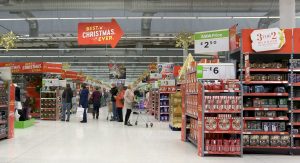
Judging by the trading updates released over the past fortnight, many of the big chains finished the year with strong sales growth, with M&S, Tesco, Sainsbury’s and the discounters all standing in the winners enclosure.
Kantar strategic insights director Tom Steel says that that while these grocer’s did have a strong finish to 2023, “those are also the ones that have the highest growth rates throughout autumn. “It wasn’t like they’ve come from nowhere, but we would expect this trend to continue in 2024,” he says.
For retail analyst and director of the Retail Mind Ged Futter, the big winners were Sainsbury’s, M&S and Lidl.
At Sainsbury’s, Christmas grocery sales rose 8.6%, M&S food business increased 10.5% to £2.3bn and Lidl’s revenues jumped 12% year-on-year.
The discounter also achieved over £116m in switching gains from all UK supermarkets over Christmas and, according to Kantar data, was the only grocer to win spend from all other competitors in the period.
But what is driving the strong performance across grocery?
A return to premium products boosts growth
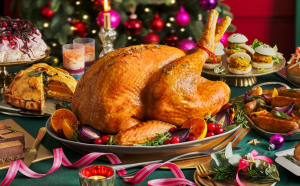
While there are many reasons behind the strong trading, one of the most notable trends saw shoppers trading up to premium ranges. In some ways, this is to be expected at Christmas but it is notable that shoppers still opted to treat themselves in the face of the cost-of-living crisis.
According to the latest data from Kantar, sales of premium ranges rose by 11.9% to £790m over the 12 weeks to 25 December, compared with 2022 – accounting for 5.7% of all grocery sales.
Sainsbury’s said that its premium range grew 13% in the third quarter, which CEO Simon Roberts noted was the second year running that the grocer had “outperformed the premium food market.”
He says that while its value own-label Stamford Street brand was also important, Taste the Difference was a faster growing range.
“I think customers got really confident in our core value and then occasionally wanted to treat themselves,” he adds.
Tesco CEO Ken Murphy says that its Finest range “really stood out from the crowd at every level.” The premium collection saw sales increase 17% over the period, which the Tesco boss described as an “extraordinary” achievement.
The retailer invested in over 550 new and improved products for Christmas, almost a third of which were for its premium range, and more than 18m customers purchased from the Finest selection.
Lidl also attributed its sales growth in part to its premium Deluxe offer. CEO Ryan McDonnell says: “Deluxe proved to be a standout winner this Christmas with record-breaking sales as we saw customers not only start their festive celebrations early but trade up to premium lines across all categories.”
Steel says there is potential for premium own-label to do better in 2024, particularly as inflation continues to ease, however, Futter believes premium spend will “drop back to what is a normal level throughout the year”, only peaking during special occasions and holidays.
Murphy says Tesco will continue to dial up the quality of its proposition.
“We’ve been really encouraged by the reception our product innovation over Christmas, with the sales up just on the Finest with the reaction to our festive ranges, and that’s given us great confidence to continue to innovate and push our product quality through the rest of the year,” he says.
M&S goes against the grain

M&S’ stellar Christmas performance was “underpinned by our unwavering commitment to trusted value”, it said with sales in its value Remarksable range jumping nearly 20%.
Interestingly, it was not just the big Christmas range that performed well for the upmarket retailer, which saw core categories performing better than expected, with lines such as salads, fruit and vegetables, and fresh poultry being “more or less double-digit on last Christmas”.
“We never used to be well known for core grocery, but actually our grocery sales are up 24% on last year,” says M&S CEO Stuart Machin. “Our food business is becoming a different food business. It’s not just for Christmas.”
The retailer’s big value push over the last 18 months has made a big difference. In the last quarter alone, M&S invested around £22m in value and Machin says that managing director of food Alex Freudmann and the food team “intend to invest more in value” in 2024.
A big year for loyalty schemes at Sainsbury’s
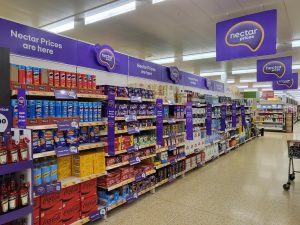
Throughout 2023, we saw a resurgence of supermarket loyalty schemes after Sainsbury’s launched Nectar Prices to compete with Tesco’s Clubcard offer.
Christmas 2023 marked Sainsbury’s first festive period with Nectar Prices, which Roberts says has “really powered” the supermarket’s performance.
“It has been a real game-changer and people have really bought into Nectar. We had over 6,000 Nectar Prices this Christmas and on an average £80 Christmas shop, customers were saving £16.”
Steel says that this loyalty scheme was able to give Sainsbury’s “something quite different” to work with this Christmas, adding “It’s had a lot of marketing attached to it so that’s ultimately helped them”.
While this tactic worked for Sainsbury’s, M&S has finished the year questioning its loyalty offer.
CEO Stuart Machin says that it is “reviewing” its loyalty programme.
Although its ’12 Days of Sparks’ Christmas initiative “resonated well” with customers, the CEO flags that would “rather focus on quality, style and value”.
A promotional Christmas – with Tesco leading the way

According to Kantar, almost one third of all spending in the four weeks to Christmas Eve was on items with a deal or offer.
Steel says that Tesco had “the highest level of promotions out of the retailer base, particularly over Christmas” and believes this has helped to boost its performance.
Murphy says that year-on-year, Tesco has seen an uptick on the volume of deals, adding that this has been trending up for the past seven to nine months.
“You’re seeing about a 5% increase year-on-year on volume on deals through the year as suppliers try and win back volume through greater promotion,” he explains.
General merchandise sales suffer
While Sainsbury’s has been named one of the ‘winners’ this Christmas for food, its wider sales were not quite so glowing.
The Argos owner said Christmas general merchandise sales were down 3.7% over the key Christmas period, with clothing sales down 6%.
Roberts says this partly comes down to having had a “pretty warm Christmas this year compared to a much colder one last year”.
“We didn’t sell quite as many electric blankets or heaters when the big focus last Christmas was customers wanting to be able to heat themselves effectively at a time when there were energy challenges.”
He added that last year’s Royal Mail strikes were “a massive upside” for Argos with tough comparatives to beat. However, this will be a worry for Roberts, especially as that side of the business may face stock delays and additional shipping costs due to the disruption in the Red Sea right now.
A boozy Christmas
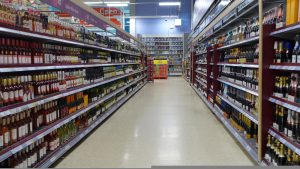
Demand for no and low alcohol beer has risen by nearly 40% at Tesco in the last two years.
After a challenging 2023, consumers were in the mood to celebrate this Christmas and Sainsbury’s, Tesco and Lidl reported strong alcohol sales.
Sainsbury’s said that customers bought “record numbers” of sparkling wine over the period, and one of Lidl’s best-selling products included prosecco, which was up 45%.
Murphy said that Tesco also saw “very strong demand for wines and prosecco as family gatherings and celebrations were definitely much more of a feature this Christmas.”
Ultimately, this Christmas has been a positive one across the board with winners coming from the top, middle and bottom of the market.
With budgets still squeezed, value and promotions will remain important but as inflation eases, retailers will be able to demonstrate what else they can offer to get shoppers through the door. All is set for an interesting 2024.






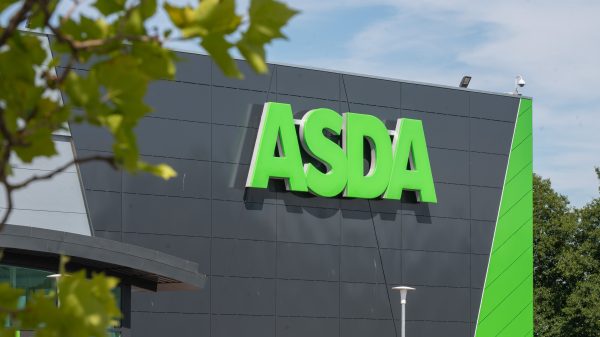
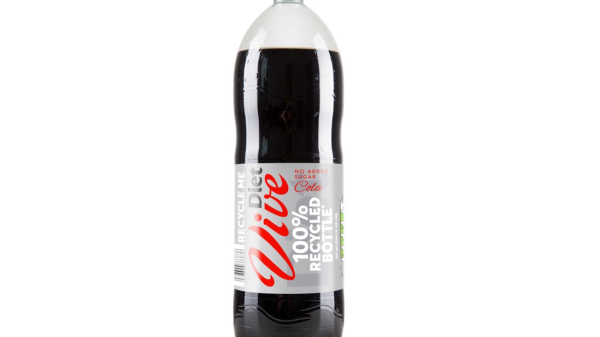
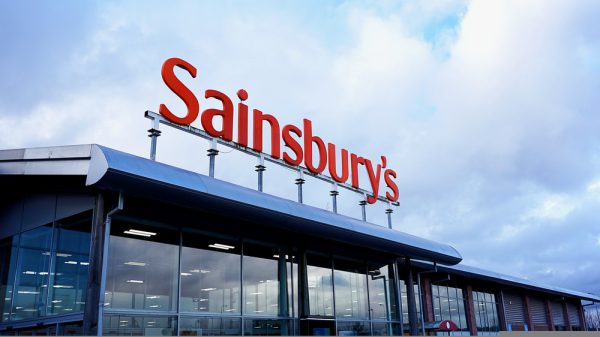
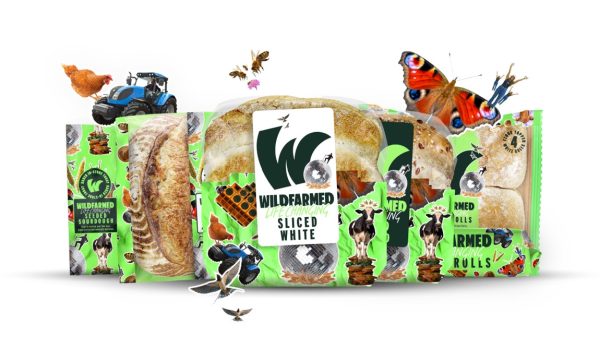

1 Comment. Leave new
Nothing about Aldi?